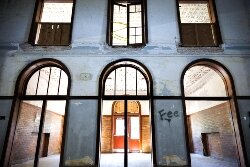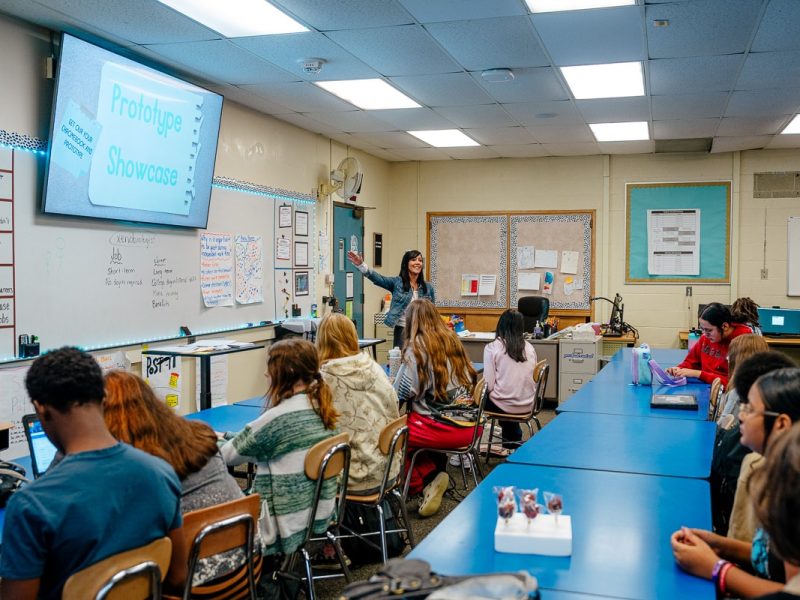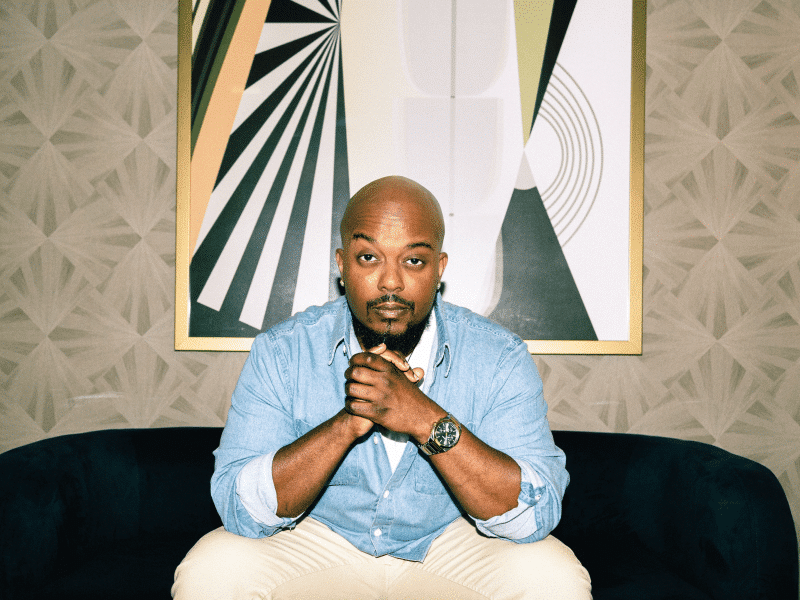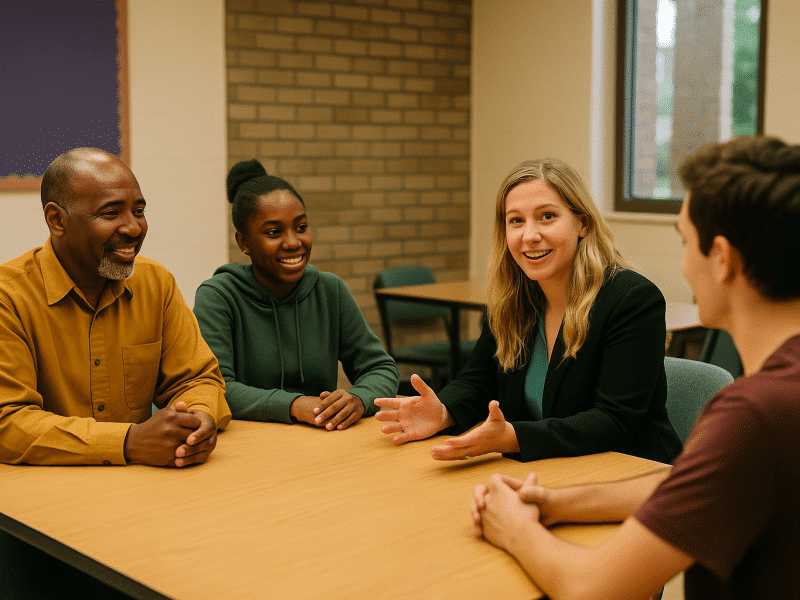Michigan communities are repurposing spaces to bring services, create meeting places, and meet the many needs of neighborhood residents.
This series, Block by Block, is supported by FHLBank Indianapolis, IFF, and CEDAM, and follows emerging and diverse developers building affordable housing in Michigan.
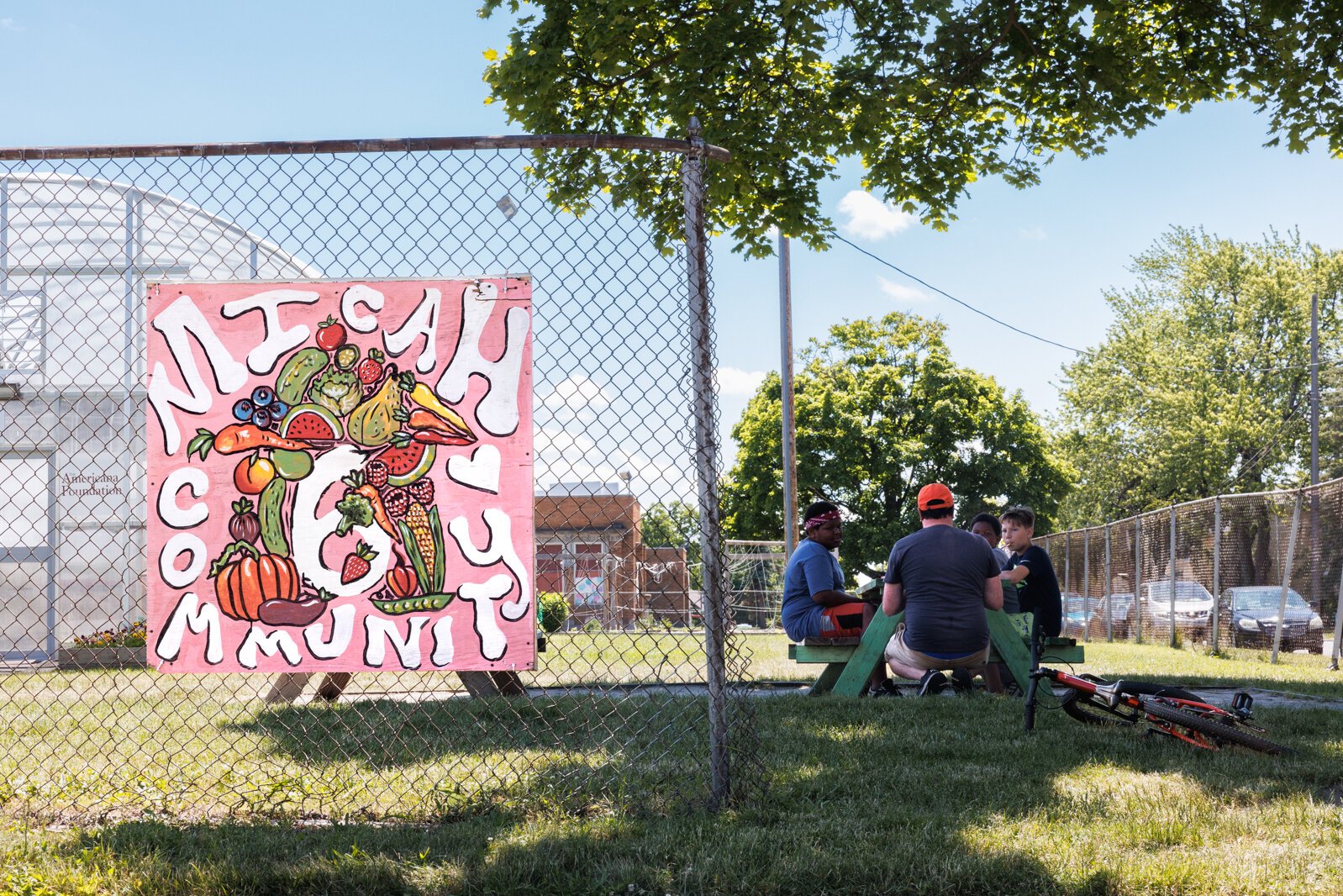
Pontiac once had six community and youth recreation centers. Now there are none. Micah 6 Community is changing that. Since 2012, the nonprofit has been working to overcome community hardships in the neighborhoods it serves: lack of access to healthy food, homelessness, vacant houses, and lack of activity for school children. With the help of several funding sources, Micah 6 is currently repurposing the former Webster Elementary building, built in 1921, into a multi-purpose community center where locals can access health, wellness, arts, cultural, entrepreneurship, and youth activities.
“We did a big neighborhood survey where we interviewed 224 people in our census tract about renovating this building — 80% of people said not to knock down this building,” says Coleman Yoakum, Micah 6 executive director. “They want an area where their children can play, where they can access healthy foods, and a place that supports the neighborhood.”
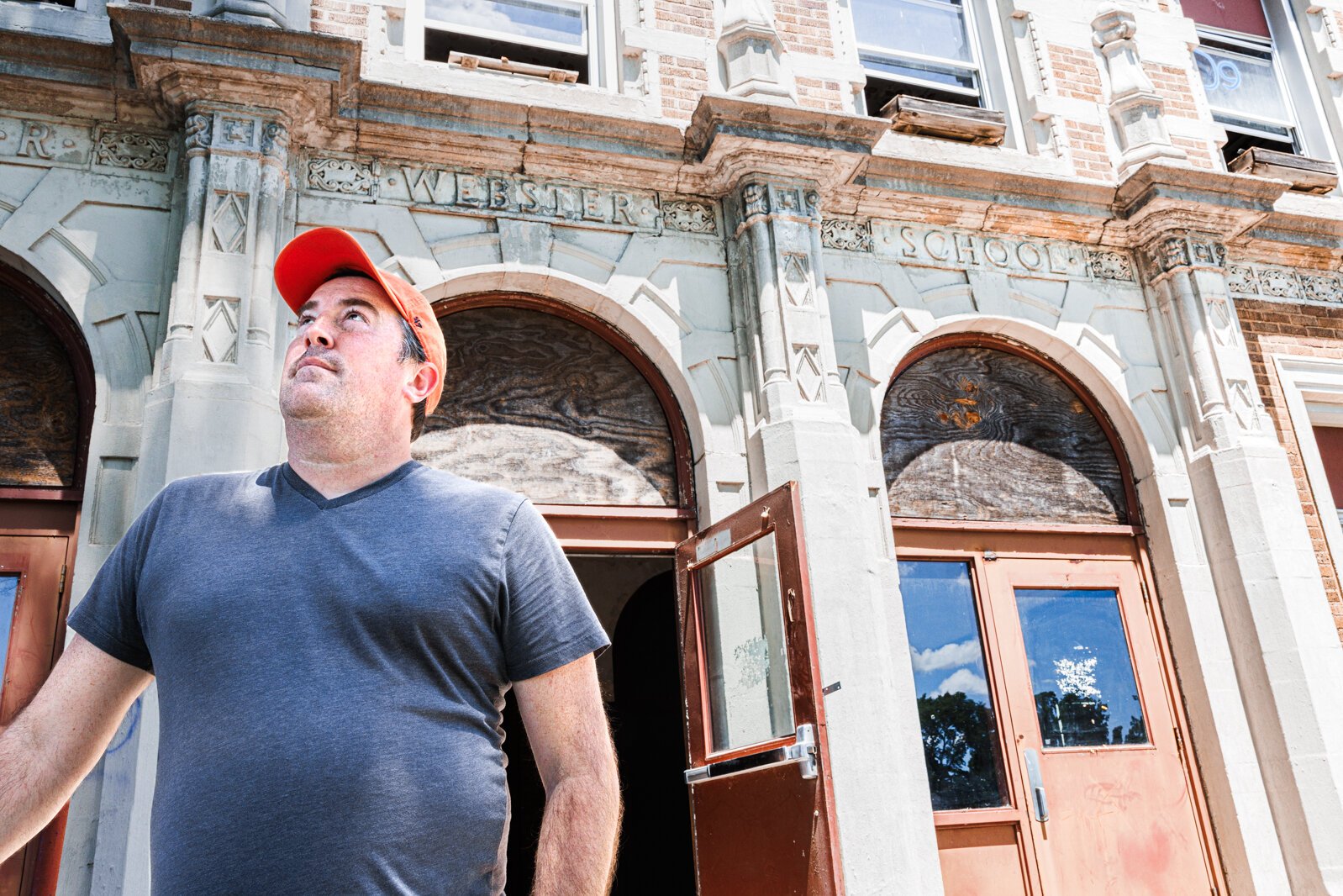
Micah 6 Community acquired the building in 2017. Pre-pandemic fundraising for renovations fell short when costs skyrocketed, increasing costs from $13 million to close at $34 million.
“It took three and a half years for us to get all of the funding together,” Yoakum says. “We had to have all $34 million in hand because we are a small organization. We kept a low profile, and there weren’t a lot of people confident in our ability to get it done.”
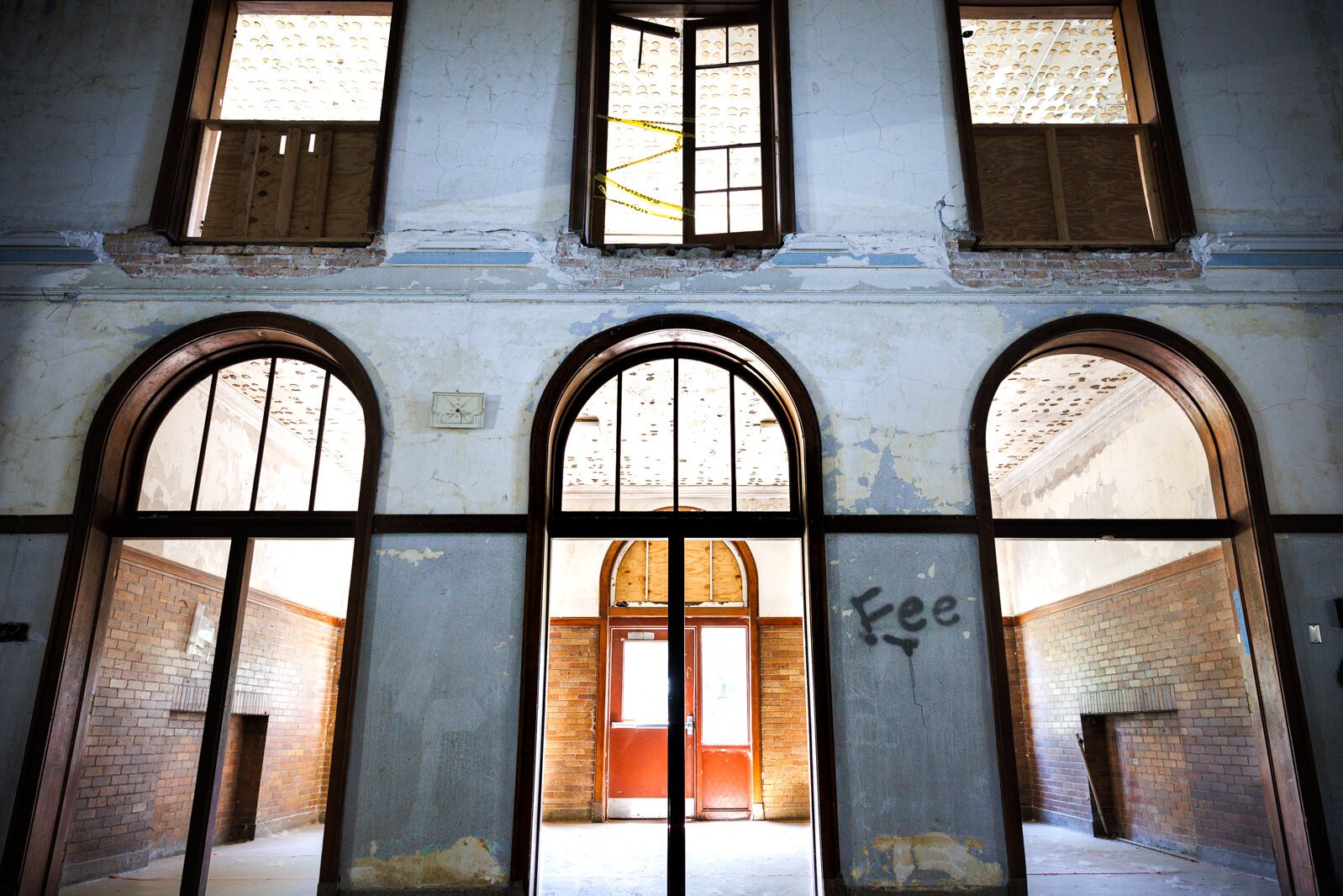
With $22,600,000 in funding from the Michigan Strategic Fund (MSF) community revitalization program and Michigan Community Capital (MCC) New Markets Tax Credit allocation (NMTC), $5.8 million from IFF, and additional funding from the Ballmer Group, Department of Environment, Great Lakes, and Energy (EGLE), and other philanthropic support, the project is underway.
Yoakum expects the new community center to receive 200,000 visits a year from about 17,000 people.
“I really believe in community building. It’s better when neighbors are known and services are accessible for the community,” says Yoakum. “We’re really trying to make a difference in our census tract in West Pontiac. We believe in focusing on small communities because that’s where you can create the most impact.”
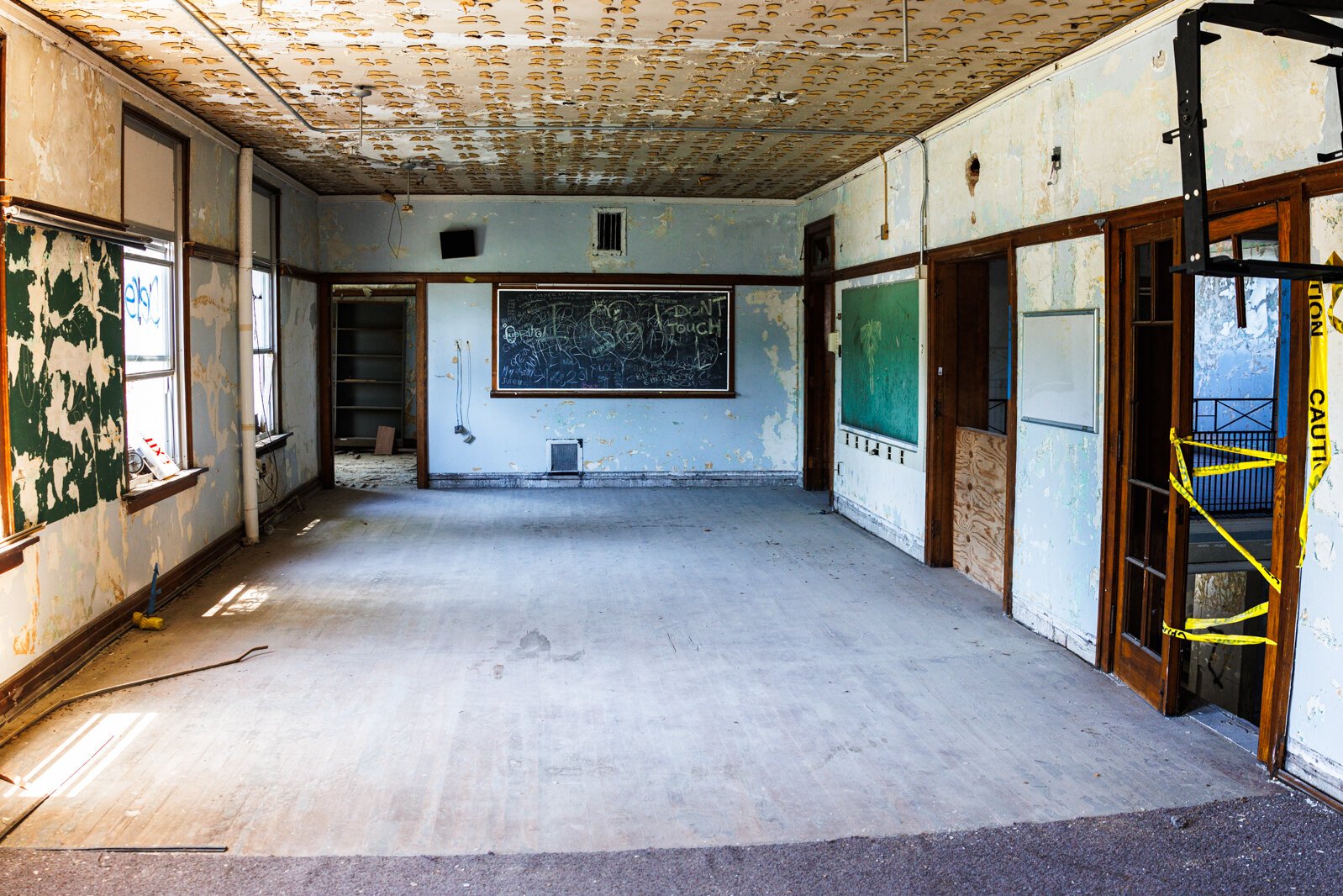
Detroit: MACC Development
A Christian community development nonprofit in Detroit, Michigan Avenue Community Church Development (MACC) takes a holistic, gospel-centered approach to revitalizing Detroit’s 48214 zip code, where 22,759 residents live. Since 2010, MACC has been purchasing and renovating buildings in the area and creating programs such as MACC Lit, MACC Housing, MACC Legal , and 48214 Care to enhance the community.
“It’s not just the investment of beautifying a material good,” says Pastor Leon Stevenson III, president of MACC Development. “You also have to take care of the hearts of people.”
MACC seeks to create a safe and thriving environment for its residents living in the area from East Jefferson to Warren and St. Jean to East Grand Boulevard.
“One of the things we’re most encouraged by is the voice of the community getting louder and louder,” says Stevenson. “When we get a chance to encourage block clubs to begin and start meeting and go to city functions and voice their opinions. It’s a powerful thing.”
Listening to that voice inspired the $1 million renovation of The Commons Coffee Bar and Coin Laundry. This multipurpose space is a result of residents asking for a social enterprise that included a cafe, laundromat and community space. MACC was in conversation with the prior owner for five years before the space became available to renovate. IFF extended a helping hand in the process.
“IFF has been the financing agent for that project, specifically for the laundry machines that we use to service and bless and care for our community,” says Stevenson. “That partnership was invaluable because they helped us think through some critical things. That was a new area for us.”
IFF offered MACC two loans for the renovation of The Commons. One for building renovation and the other for equipment,a total of $457,644. Now, MACC is in the process of repurposing another building adjacent to The Commons — Z’s Amazing Savings will be repurposed as a grocery store or food co-op.
“Strategically this is a great move because the momentum from one can build off one another causing a domino effect of greater energy in our community,” Stevenson says.
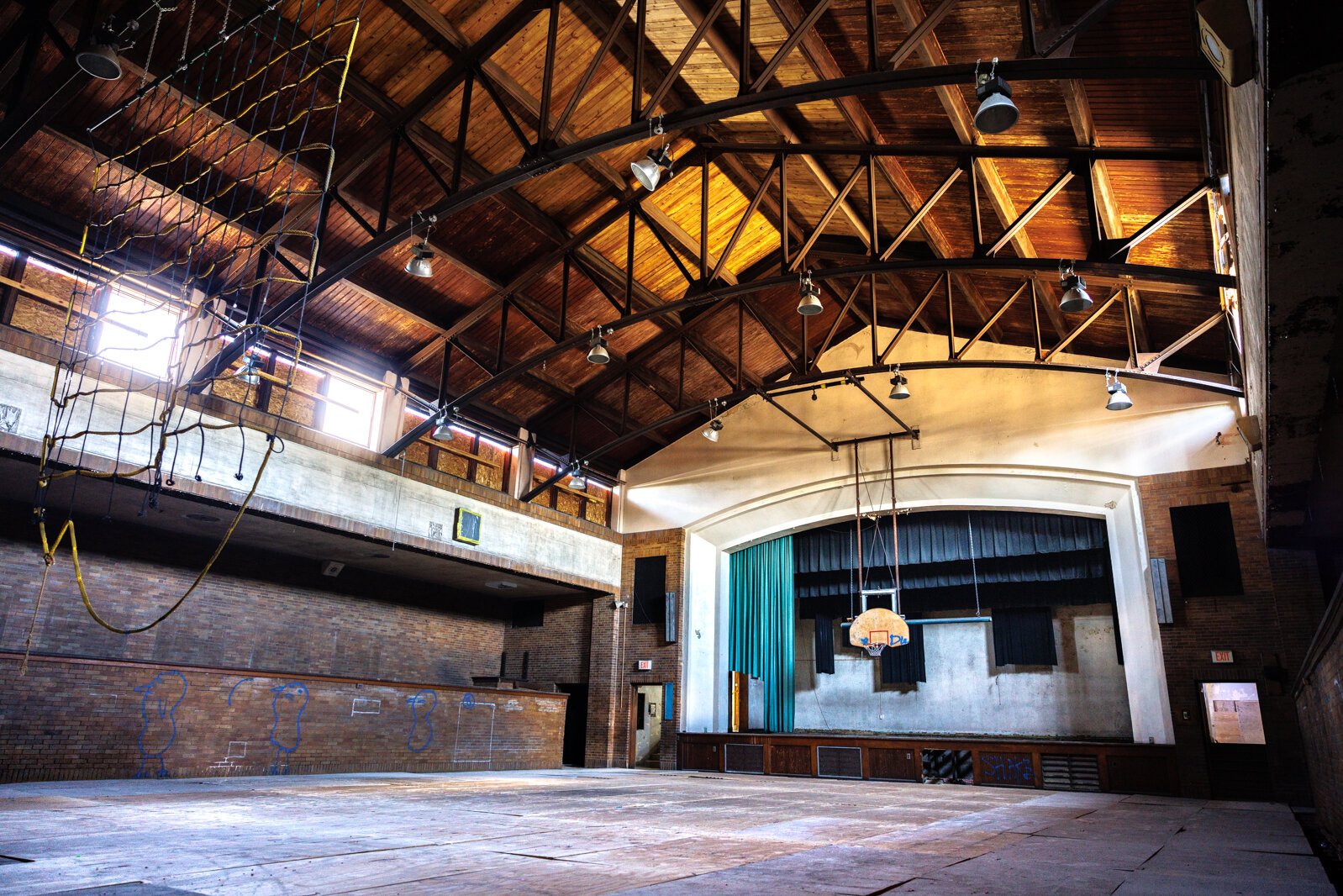
Conveners of the Community
Another IFF funded MACC project on the east side of Detroit, the McClellan Early Childhood Education Center will repurpose Detroit Public School’s former Pingree Elementary, serving 96 neighborhood children.
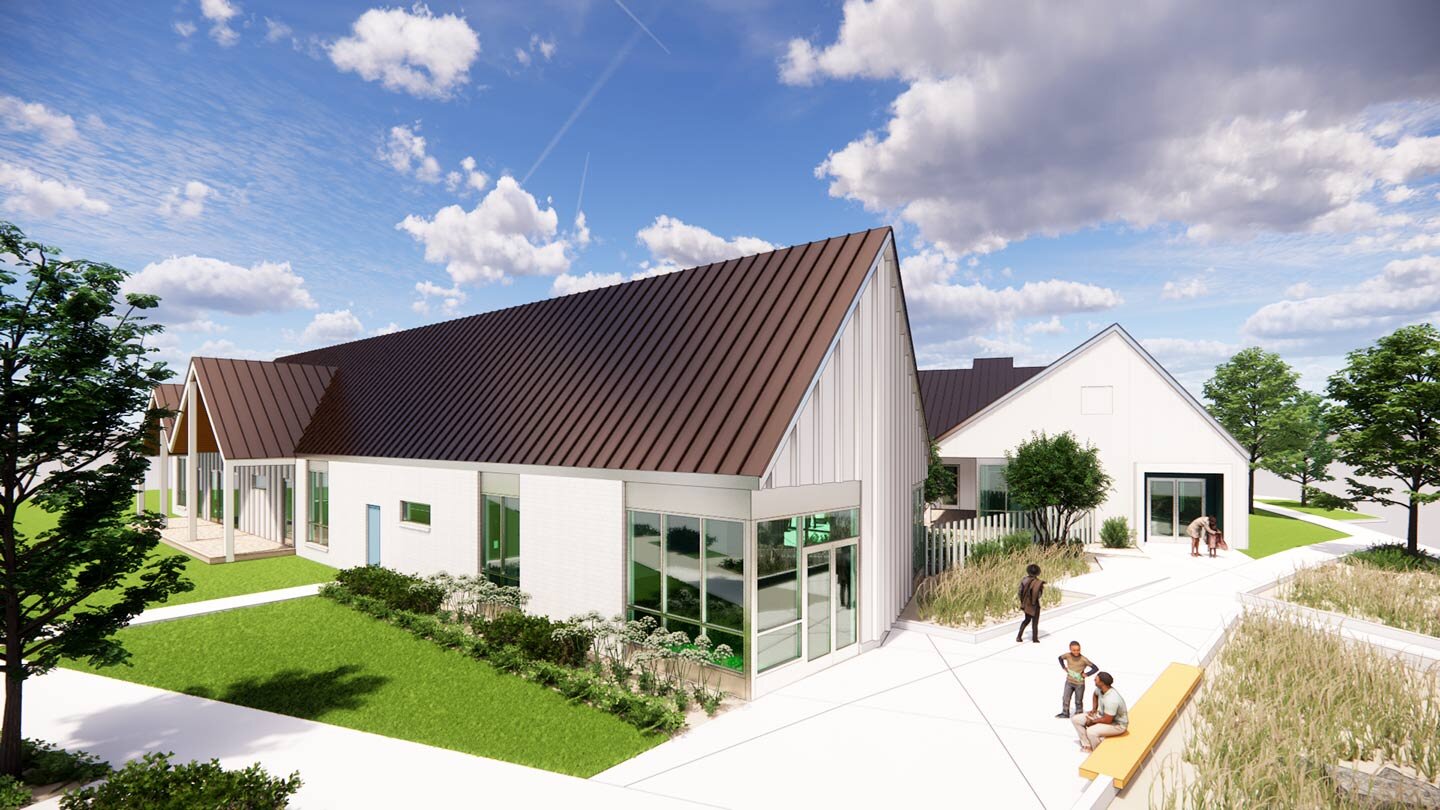
“We want to see more childcare centers, more healthcare centers and other facilities that are desperately needed in the various communities that we serve. You can see the benefit in the work that we do, the benefit to the nonprofits and to the individuals and neighborhoods that those nonprofits serve. It’s all about the community, for we are conveners of community for all communities.”
A community development financial institution (CDFI) founded in 1988, IFF serves nonprofits and communities throughout the Midwest with Michigan offices in Detroit and Grand Rapids. IFF provides funding through community-centered lending, development, and real estate consulting.
“We always have a pipeline of deals that we’re looking at,” says Beverly Loyd, IFF managing director of lending, Eastern region. “Right now in Michigan, we are looking at $25 million of loans including early childhood centers, housing facilities for nonprofits, etc.” IFF’s five different loan options finance facility acquisition, facility improvement, equipment and vehicle, grocery, and affordable housing loans ranging from $10,000 to $3 million.
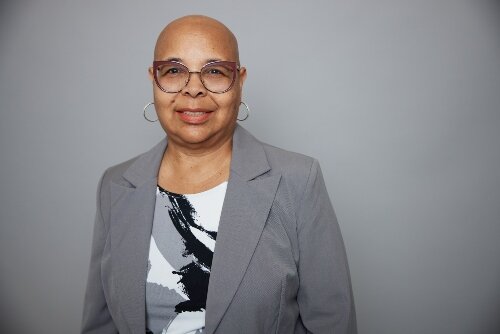
Since 2013, IFF has provided $1.4 billion in flexible, affordable financing to nonprofits, leveraged $4.5 billion, developed more than 35.6 million square feet of real estate, and created more than 15,800 child care slots, 159,600 school seats, 647,900 new patient visits, and 16,700 units of affordable housing.
“Nonprofits are community change makers,” Loyd says. “They’re the ones making things happen in the low to moderate income areas, and so, we help them do what they do best by providing them with the capital that they need in order to complete their programming and reach those communities.”
Since 2018, IFF has also committed to becoming an anti-racist and anti-oppressive organization (ARAO) that works to ensure a grounding in equity and inclusivity.
“The goal is to be more aware, not to be done but to improve,” Loyd says. “It’s a constant process. We always focus on equity, diversity and inclusion.”
Monique Bedford is an aspiring journalist, currently freelancing for Issue Media Group publications. She graduated from Oakland University in fall of 2022 with a bachelor’s degree in journalism and a minor in Spanish. Monique has experience in solutions journalism, media design, and hosting a radio show. When she’s not writing, you can always find her studying different cultures and languages, reading her favorite newspaper, The New York Times, and spending quality time with her friends and family.
Photos by Bryce Mata.
Beverley Loyd photo courtesy IFF.
McClellan Childcare Center rendering courtesy D Met.
This series, Block by Block, is supported by FHLBank Indianapolis, IFF, and CEDAM, and follows emerging and diverse developers building affordable housing in Michigan.

